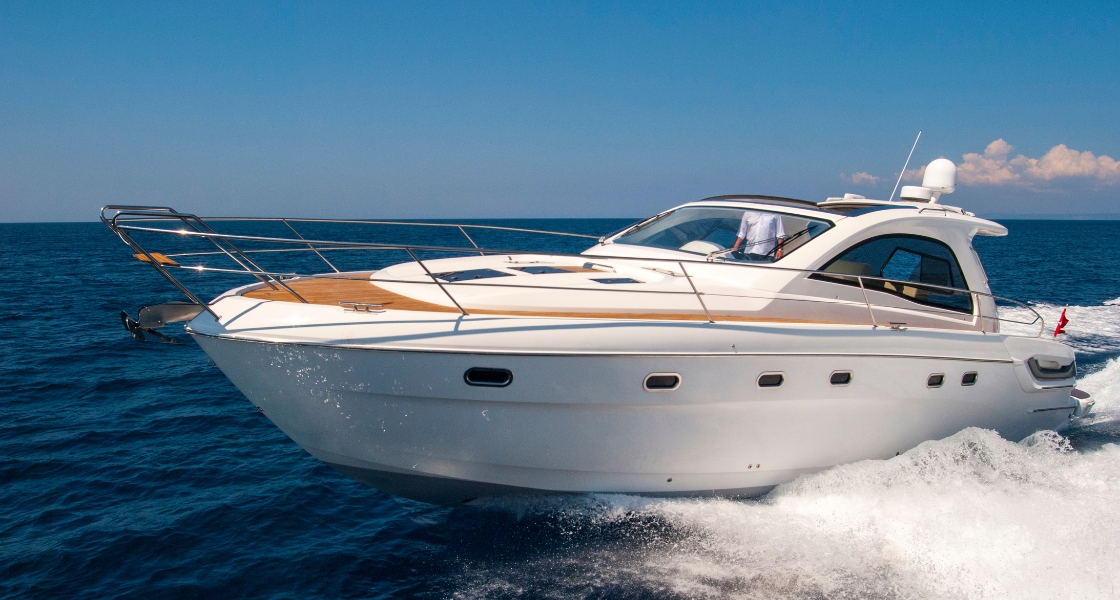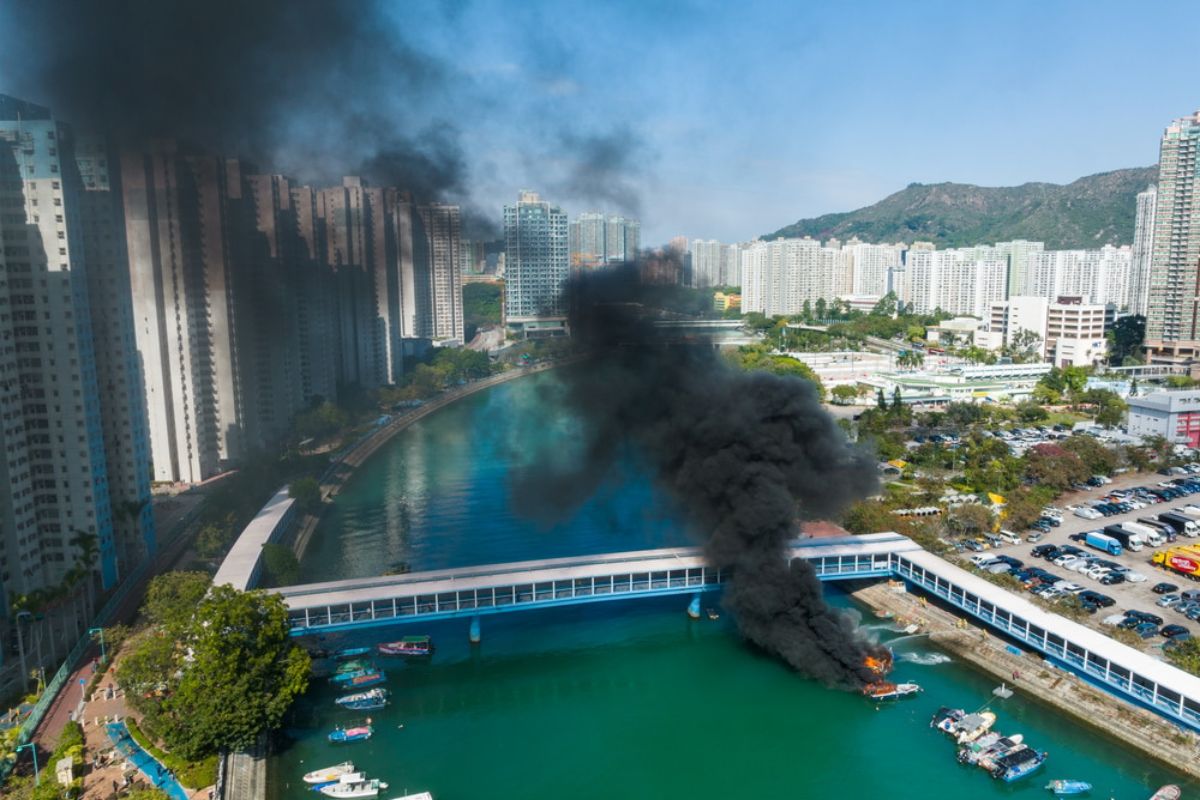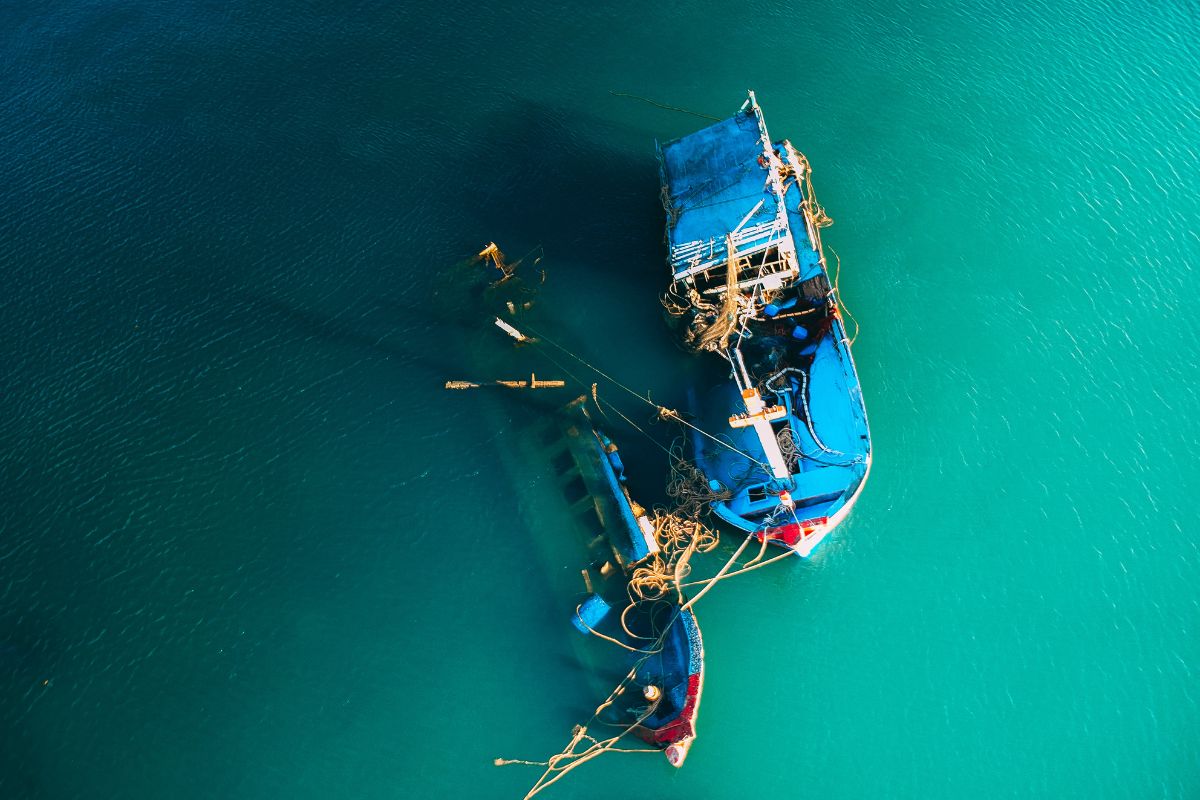
Boating can be a thrilling escape, but when weather conditions take a turn, things can get dangerous fast. Wind, fog, and sudden storms create serious challenges, and understanding how these elements impact responsibility on the water is essential.
Whether you’re a seasoned boater or just starting out, navigating unpredictable weather safely requires more than skill; it requires good judgment and awareness of your legal responsibilities.
When weather plays a role in a boating accident, questions of liability often arise.
Could the accident have been prevented? Did the operator take reasonable precautions?
Recognizing how weather conditions influence liability can help you prepare for the unexpected and ensure a safe, enjoyable experience on the water. In this blog, we’ll break down how various weather conditions affect boating liability, discuss the responsibilities of boat operators, and explore how legal standards come into play.
Understanding these factors can help you make informed decisions and stay safe, no matter the forecast.
Types of Weather Conditions That Influence Boating Liability
Weather conditions can dramatically impact boating safety and liability. Understanding these elements helps boaters make informed decisions on the water. Here are some common weather conditions and how they can increase risks:
- Storms: Sudden storms can create treacherous conditions with high winds and rough waters. Operators must navigate quickly to safety. Failing to do so may lead to liability for resulting accidents.
- High Winds: Strong winds can affect steering and control. Operators should adjust their speed and course to maintain safety. Ignoring wind conditions can increase the risk of capsizing or colliding with obstacles.
- Heavy Rain: Rain reduces visibility and can cause slippery surfaces on the boat. Operators need to slow down and maintain distance from other vessels. Accidents due to poor visibility can result in shared liability.
- Fog: Fog creates dangerous visibility issues. Boat operators must use navigation aids and reduce speed. Failing to account for fog can lead to collisions, raising questions about the operator’s responsibility.
- High Waves: Rough waters can challenge even experienced boaters. High waves require skillful maneuvering and can easily lead to accidents. Ignoring wave conditions may result in significant liability claims.
Understanding the Role of Boater Responsibility in Poor Weather
Boaters hold a significant responsibility to prioritize safety, especially in poor weather conditions. Here’s how awareness can affect liability:
- Avoiding Risky Weather: Boat operators must actively check weather forecasts and consider potential hazards before heading out. Ignoring warnings can lead to dangerous situations and increased liability.
- Duty to Prioritize Safety: Every boater has a duty to prioritize the safety of themselves and their passengers. When operators proceed in bad weather, they may face legal consequences for negligence.
- Failure to Check Weather Reports: Not monitoring weather updates can lead to accidents. If a boat operator fails to check reports, they may be held liable for any resulting damages.
- Heeding Warnings: Operators should heed all weather warnings and advisories. Disregarding these can indicate negligence, further complicating liability in case of an accident.
In any personal injury case involving a boat accident, boat accident attorneys can help determine if negligence played a role in the incident.
Legal Standards and Duty of Care in Adverse Weather
Understanding legal standards and duty of care is crucial for boaters navigating adverse weather conditions. Here’s how these concepts apply:
- Concept of Duty of Care: Boat operators must act in a manner that a reasonable person would in similar situations. This includes taking precautions when weather conditions worsen.
- Legal Standards: Operators are expected to adhere to legal standards that require them to operate their vessels safely. This includes reducing speed in adverse conditions and ensuring all safety equipment is functioning.
- Negligence in Poor Weather: If an operator fails to meet these standards, they may be deemed negligent. This can lead to liability if an accident occurs.
- Determining Liability: In the event of an accident, courts evaluate whether the operator acted within the bounds of their duty of care. Factors like weather conditions at the time of the incident will play a crucial role in these assessments.
Boat accident attorneys can guide victims through the complex legal landscape surrounding liability and negligence.
Shared Liability in Weather-Related Boat Accidents
Shared liability is common in boat accidents, especially those influenced by weather. Understanding how liability can be distributed is essential:
- Weather-Related Negligence: In some cases, both the boat operator and passengers can share responsibility. For instance, if passengers encourage risky maneuvers during bad weather, they may also be liable.
- Operator Responsibility: The operator must make decisions that prioritize safety. If they ignore passenger input and proceed recklessly, their liability may increase.
- Passenger Actions: Passengers who fail to follow safety protocols can also contribute to accidents. For example, moving around the boat in rough conditions may lead to injuries for which they hold some responsibility.
- Legal Outcomes: Courts often assess all parties involved to determine shared liability. This can complicate claims and affect settlements, highlighting the need for professional legal support.
Influence of Weather Forecasts and Warnings on Liability
Weather forecasts play a pivotal role in determining liability in boat accidents. Here’s how:
- Importance of Weather Forecasts: Accurate forecasts provide critical information for boaters. Operators should check these forecasts before heading out to avoid dangerous conditions.
- Ignoring Forecasts: Failing to monitor forecasts can lead to accidents. If an operator ignores adverse weather predictions, they may face legal challenges if an incident occurs.
- Impact on Legal Outcomes: Courts consider whether the operator acted responsibly based on available forecasts. Ignoring clear warnings can indicate negligence, leading to increased liability.
- Responsibility of Operators: Operators must demonstrate that they made informed decisions based on the latest weather updates. This can help mitigate liability in case of an accident.
Boat accident attorneys often reference weather forecasts to build cases and defend their clients effectively.
How Legal Representation Can Help Determine Liability in Weather-Related Accidents
Legal representation is crucial when navigating the complexities of weather-related boat accidents. Here’s how attorneys can assist:
- Assessing Liability: Boat accident attorneys help victims understand their rights and responsibilities. They assess liability and gather evidence to support claims.
- Gathering Evidence: Attorneys collect various forms of evidence, including eyewitness accounts, weather reports, and photographs. This evidence is vital in establishing liability.
- Analyzing Weather Data: Lawyers analyze weather data to determine how conditions affected the accident. They use this information to strengthen their cases.
- Building Liability Claims: Legal representation helps craft strong arguments for liability claims. Experienced attorneys know how to navigate the legal system effectively and advocate for their clients.
- Negotiating Settlements: Attorneys can negotiate with insurance companies on behalf of their clients, aiming for fair compensation. They ensure that victims receive the support they deserve after an accident.
Having skilled boat accident attorneys on your side can significantly impact the outcome of a case.
Navigating the waters of boating liability can be challenging, especially when weather conditions come into play. Understanding how storms, high winds, and other elements affect responsibility is crucial for every boater. By being proactive and informed, you can help protect yourself and your passengers. If you find yourself facing legal questions after a boating accident, seeking experienced boat accident attorneys can make a significant difference. Stay safe, stay informed, and always prioritize responsibility on the water.





